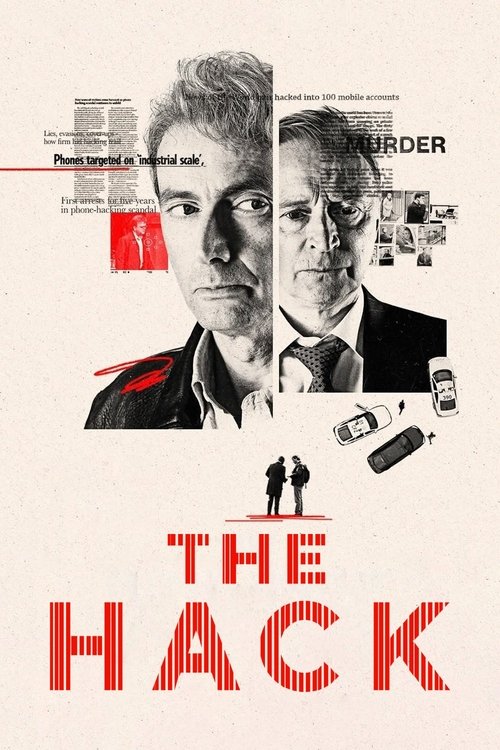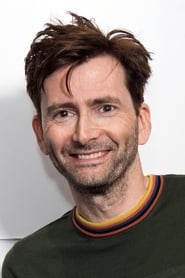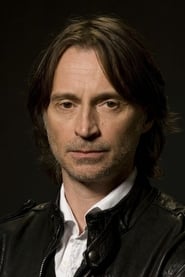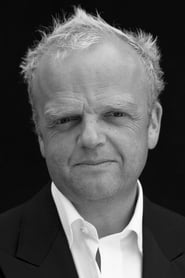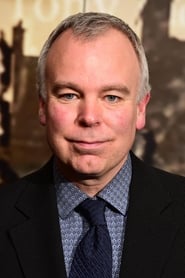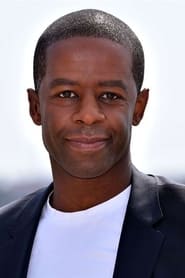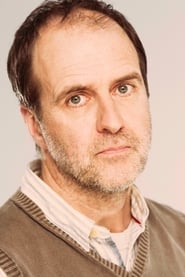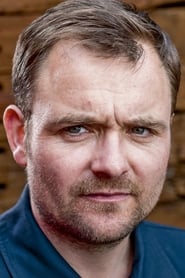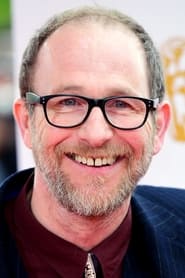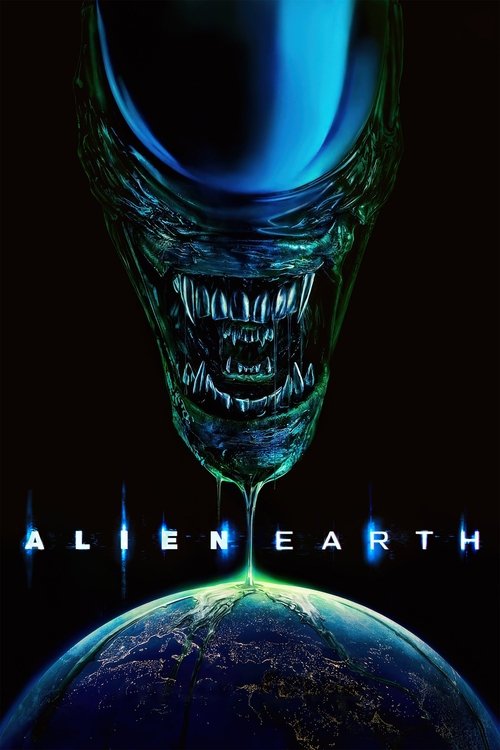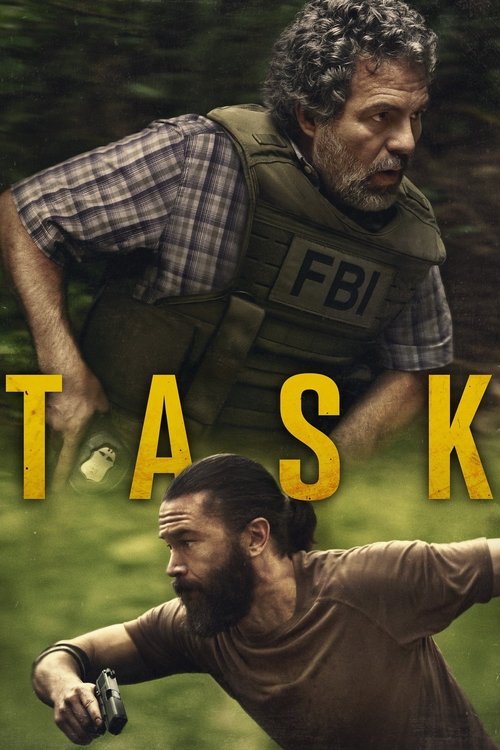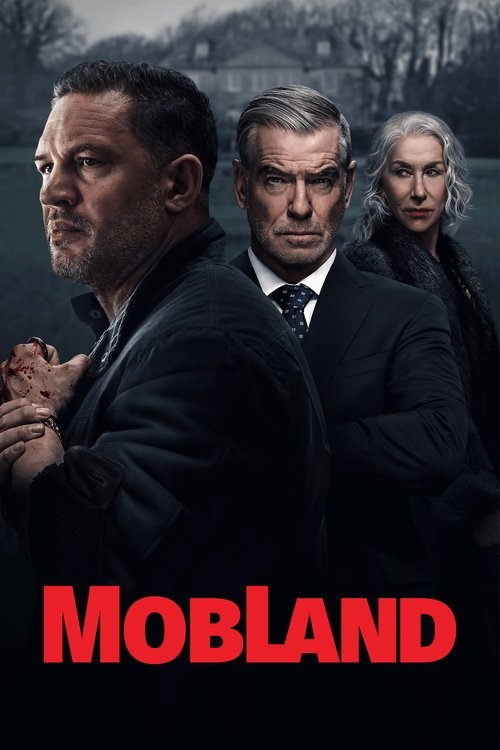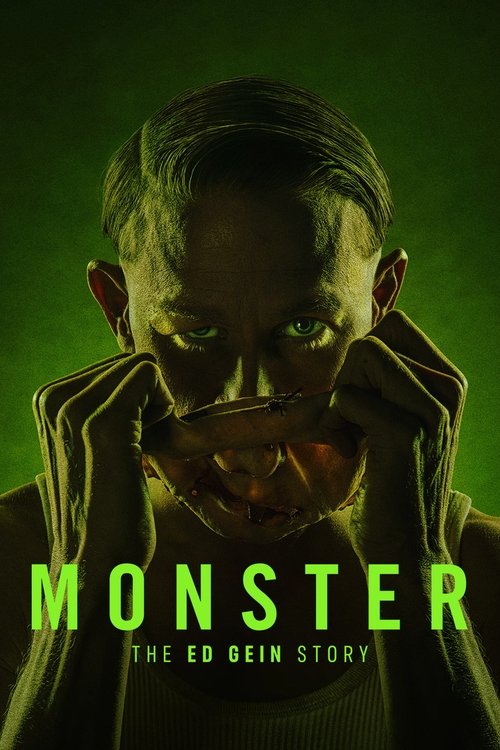
Ask Your Own Question
What is the plot?
The Hack begins in 2002 with investigative journalist Nick Davies receiving a tip from a mysterious source known as "Mr Apollo," who hints that the News of the World tabloid is involved in far darker illegal activities than previously suspected. Davies, a single father and freelance reporter, starts probing into the phone-hacking practices at the newspaper, despite facing skepticism and resistance from his editors and the wider media industry. He struggles to find sources willing to go on record, and many names in his notes are redacted to protect identities. Meanwhile, Alan Rusbridger, editor of The Guardian, cautiously supports Davies' investigation, balancing the risks of exposing a powerful media empire.
Parallel to Davies' story, the series introduces Detective Chief Superintendent Dave Cook, who is leading a tense police investigation into the 1987 unsolved murder of private investigator Daniel Morgan. Morgan had connections to the News of the World and was believed to have been killed because of his knowledge of corrupt practices involving journalists and private investigators. Cook's investigation is a complex cat-and-mouse game, with suspects who are evasive and a police force riddled with corruption and internal conflicts. Every lead Cook follows brings him closer to uncovering a network of criminality linked to the media but also puts him in danger as the line between hunter and hunted blurs.
As Davies digs deeper, he uncovers evidence that journalists and private investigators working for News of the World were illegally accessing the voicemails of celebrities, politicians, and even crime victims by exploiting default or easily guessed PIN codes. This phone hacking was used to gather sensational stories, often at the expense of privacy and ethics. Davies' articles begin to expose the scale of the scandal, but powerful figures, including Rupert Murdoch and senior News International executives, attempt to discredit him and suppress the story. Davies faces legal threats, professional isolation, and personal strain, especially as his son experiences bullying at school, mirroring Davies' own troubled childhood.
Detective Cook's investigation reveals that Daniel Morgan's murder was not a random act but connected to a wider conspiracy involving corrupt police officers, private investigators, and journalists. Cook identifies key suspects, including those who had motives to silence Morgan because of his knowledge of illegal activities. The investigation is hampered by institutional corruption and cover-ups, with some officers obstructing justice. Cook's persistence leads to tense confrontations with suspects and internal police politics, but he remains determined to bring the truth to light despite the risks to his career and safety.
As the series progresses, the two storylines begin to intersect. Davies' revelations about phone hacking and media corruption provide new context for Morgan's murder, suggesting that the scandal was part of a broader culture of unethical and illegal behavior within the British tabloid press and its connections to law enforcement. Davies and Cook eventually collaborate, sharing information that strengthens both their cases. This convergence intensifies the stakes, as they face increasing pressure from powerful interests determined to keep the truth hidden.
In the climax, Davies publishes a series of explosive articles that expose the full extent of the phone-hacking scandal, leading to public outrage and the eventual closure of News of the World. The scandal triggers multiple investigations, resignations, and legal actions against journalists and executives involved. Meanwhile, Cook's dogged pursuit of justice for Daniel Morgan culminates in arrests and charges against key suspects, although some aspects of the case remain unresolved due to the entrenched corruption and the passage of time.
The final episodes show the personal and professional toll on Davies and Cook. Despite attempts by Murdoch and his associates to break their spirits and silence them, both men remain committed to uncovering the truth. Davies reflects on the impact of his work on his family and the media landscape, while Cook continues to seek justice for Morgan's family. The series ends on a note that acknowledges the ongoing challenges in holding powerful institutions accountable but celebrates the courage of those who fight for transparency and justice.
Throughout the series, real-life footage and dramatized scenes are interwoven, with careful attention to legal sensitivities, including redactions of certain names and newspapers. The narrative is richly detailed, showing the step-by-step investigations, confrontations, and decisions that drive the story forward, from Davies' initial tip-off to the final public reckoning of the phone-hacking scandal and the partial resolution of the Morgan murder case.
What is the ending?
Short Narrative of the Ending: The ending of "The Hack" is emotionally charged, focusing on the aftermath of the phone-hacking scandal and the unsolved murder of Daniel Morgan. Investigative journalist Nick Davies, played by David Tennant, faces a poignant moment when questioned by the father of Milly Dowler, a victim of the hacking. The series concludes with major figures from News of the World facing criminal charges, highlighting the systemic corruption within media and law enforcement.
Expanded Narrative of the Ending:
The final episodes of "The Hack" unfold with a mix of emotional intensity and legal repercussions. The series begins to tie together the two main narratives: Nick Davies' investigation into the News of the World phone-hacking scandal and Detective Chief Superintendent Dave Cook's pursuit of justice for Daniel Morgan's murder.
- Nick Davies' Investigation Concludes:
- The series shows Nick Davies, a determined investigative journalist, facing immense pressure from News of the World and its allies. Despite the smear campaigns and personal threats, Nick remains resolute in his pursuit of truth.
-
As the evidence mounts, Nick's reporting gains traction, leading to widespread public outrage and government intervention. The News of the World's involvement in phone hacking becomes undeniable, and several key figures face legal consequences.
-
The Milly Dowler Moment:
- In a heart-wrenching scene, Nick Davies is confronted by the father of Milly Dowler, a schoolgirl whose phone was hacked by News of the World while she was missing. The father asks Nick why someone would commit such a heinous act, seeking to understand the motivations behind the hacking.
-
Nick explains that the journalists were driven by the desire for a sensational story, which led them to cross ethical boundaries. This moment highlights the human cost of the scandal and the betrayal of journalistic principles.
-
Legal Consequences:
- The series culminates with several major characters from News of the World facing criminal charges. Former employees, including journalists and editors, are held accountable for their roles in the hacking scandal.
-
However, the show also portrays how those at the top of the hierarchy, like Rupert Murdoch, manage to avoid severe consequences, often through their wealth and influence.
-
Dave Cook's Investigation:
- Meanwhile, Detective Chief Superintendent Dave Cook continues his investigation into Daniel Morgan's murder. The series reveals connections between Morgan's case and the phone-hacking scandal, suggesting a broader network of corruption involving both media and law enforcement.
-
Despite his efforts, the case remains unsolved, leaving a sense of injustice and frustration. Dave's character embodies the struggle against systemic corruption and the personal toll it takes on those seeking truth.
-
Conclusion and Fate of Main Characters:
- Nick Davies emerges as a hero of the story, his investigative work leading to significant changes in media ethics and accountability. However, the personal cost of his pursuit is evident, reflecting the sacrifices made by those who challenge powerful institutions.
- Dave Cook's fate is marked by both determination and despair. His inability to solve Morgan's case underscores the complexity and depth of corruption he faces.
- The series concludes with a sense of partial justice, as some perpetrators face legal consequences, but also highlights the ongoing struggle against corruption and the need for continued vigilance in holding those in power accountable.
Is there a post-credit scene?
The TV show The Hack (2025) does not have a post-credit scene. The series concludes with a powerful finale showing the major characters involved in the News of the World phone hacking scandal facing criminal charges and the broader impact of their work, including the exposure of media and police corruption. The ending emphasizes the systemic nature of the scandal and the way those at the top evade real consequences, leaving lower-level staff to bear the fallout. There is no mention in available sources of any additional scene after the credits.
Is this family friendly?
The TV show "The Hack" produced in 2025 may not be suitable for all family members, particularly children or sensitive viewers, due to several aspects:
-
Profanity: The series contains severe profanity, with a significant number of strong language instances throughout its episodes.
-
Mature Themes: The show deals with complex and mature themes such as media scandals and unsolved murders, which might be disturbing for younger audiences.
-
Intensity and Tension: The drama involves intense investigations and cat-and-mouse chases, creating a tense atmosphere that could be unsettling for sensitive viewers.
-
Alcohol, Drugs & Smoking: While mild, these elements are present, which might not be suitable for all family viewing.
-
Frightening & Intense Scenes: Although not explicitly detailed, the nature of the show suggests that some scenes could be emotionally intense or disturbing.
Overall, while "The Hack" does not contain explicit sex or nudity, its other elements make it more suitable for mature audiences.

